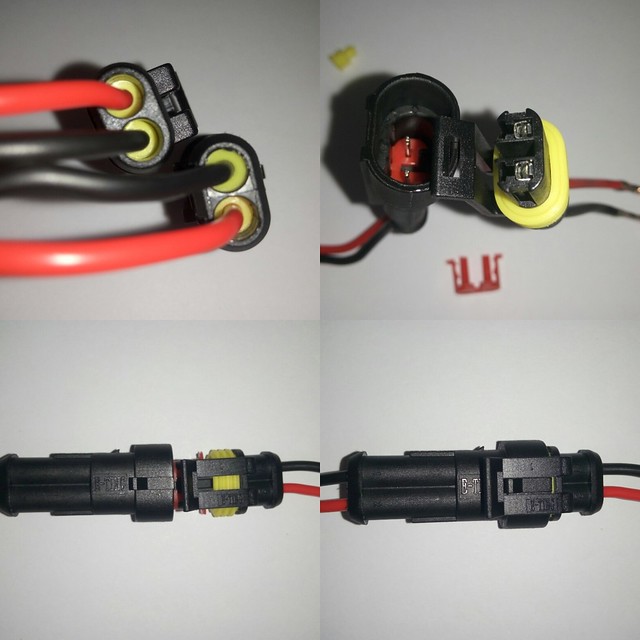Logistics Solutions
Logistics solutions include a combination of advanced technologies and supply chain strategies to maximize delivery productivity. These can cut transportation costs, reduce warehouse inventory levels and boost order fulfillment rates.
Coordination is the key to problem solving in logistics. Without it, issues can pass from one person to the next until they are resolved.
Real-time visibility
Real-time visibility is an essential component of logistics solutions. It provides a clear picture of ongoing operations and eliminates the need for manual follow-ups. It also helps reduce costs, including fuel consumption and damages caused by reroutes. It improves operational efficiency and boosts customer satisfaction.
The key to implementing real-time visibility is seamless integration with your existing supply chain systems. A good solution will seamlessly combine your ERP, warehouse management, and transportation management systems to offer a comprehensive view of your entire supply chain. It should logistics solutions also support advanced features such as temperature monitoring for perishable goods, geofencing, and predictive analytics.
This data can help you plan your delivery routes and reduce expenses by avoiding traffic delays. It can also alert you to weather conditions or other variables that could impact your shipping route, saving fuel and reducing the likelihood of damage to your shipment. It also saves you time by allowing you to respond quickly to any issues that may arise.
In an era where consumers are impatient and demand quick delivery, real-time visibility is increasingly important for logistics businesses. A study by Verte Research shows that 58% of consumers believe a wait of two to six days beyond the expected delivery date is unacceptable. Providing this level of transparency to customers is an excellent way to build trust and boost customer satisfaction.
AI and machine learning
Machine learning (ML) is a logistics technology that uses data analysis to automate tasks. It can help companies increase efficiency by predicting demand fluctuations, enhancing route planning, and reducing inventory management. In addition, ML identifies potential issues before they escalate into problems and reduces delivery time while enhancing customer satisfaction.
ML-powered logistics solutions allow business leaders to view real-time data to optimize operations in the supply chain. For example, ML can analyze traffic patterns and location distances to compute optimal routes for efficient freight delivery in real-time. This helps companies save valuable resources by avoiding costly traffic congestions and delays caused by weather or unexpected circumstances.
AI can also help streamline warehouse operations. It can predict what items are most in demand, which allows businesses to proactively stock up on those products before a spike in demand occurs. This can save warehouse managers from having to search for specific products or spend money on expensive storage space.
For example, a company that sells cold-weather footwear can use AI to forecast a surge in orders for their winter boots before the first snowstorm of the season. The business can then order enough pairs of boots to meet demand, which minimizes out-of-stocks and avoids overstocking.
NetSuite ERP
NetSuite ERP offers a single, integrated solution for e-commerce, sales order management, warehouse and distribution management, inventory, fulfillment and financial management. It can help businesses shorten their sales cycles, enhance customer fulfillment and service processes, and automate business operations with real-time visibility into performance. It also helps companies manage their global operations with multi-currency support and automated tax compliance. The platform provides KPIs, dashboards and reports for a holistic view of operational and financial data in a customizable format.
The cloud-based platform provides a high-level of scalability that can grow with the company, easily adapting to changing requirements. This enables logistics companies to reduce the need for manual processes that are prone to error and boosts productivity.
Moreover, NetSuite ERP provides an easy-to-use user interface to track and monitor orders, shipments, ups express service inventory, and customer service issues. This allows companies to improve operational efficiency and increase revenue.
NetSuite is a true cloud platform, built and designed for the cloud. It eliminates the need to manage servers and can be implemented in a much shorter timeframe than traditional on-premise software. Additionally, it is based on established best practices and has a scalable implementation model. As a result, it offers a lower total cost of ownership and reduced IT infrastructure costs. In addition, it provides rapid return on investment for its customers.
Direct customer invoicing
Effective logistical procedures are essential for businesses to reduce costs, maintain and increase efficiency and deliver on the promises they make to their clients. Without them, a company can lose money and customer loyalty.
Companies that prioritize logistics solutions offer their customers the best experiences possible. They have the resources to streamline the logistics process and can handle all of the components — from transportation and warehousing to fulfillment and tracking. They also provide the expertise and technology to help clients solve complex logistics problems.
Managing logistics solutions requires coordination between multiple teams to achieve on-time delivery. For example, a liquified natural gas terminal has several teams handling forecasting, planning, transportation, storing and processing different parts of the supply chain. If any of these processes fail, the whole system can break down, which is dangerous.
Logistics companies use advanced IT systems to manage the supply chain process and optimize operations. They may also use automation tools to free up the time of their employees so they can focus on other tasks. Some logistics companies also provide specialized services, such as customs management or global trade management.
Shipping and fulfillment are key logistics processes that connect manufacturers with their end-customers. A logistics solution provides a way to automate and streamline these processes to minimize errors and ensure on-time delivery. It can also help businesses save time and money by reducing the number of intermediaries. Direct customer invoicing is one example of a logistics solution that improves cash flow by eliminating delays caused by third-party billing providers. This is especially important for small businesses that depend on a steady stream of payments to survive.

